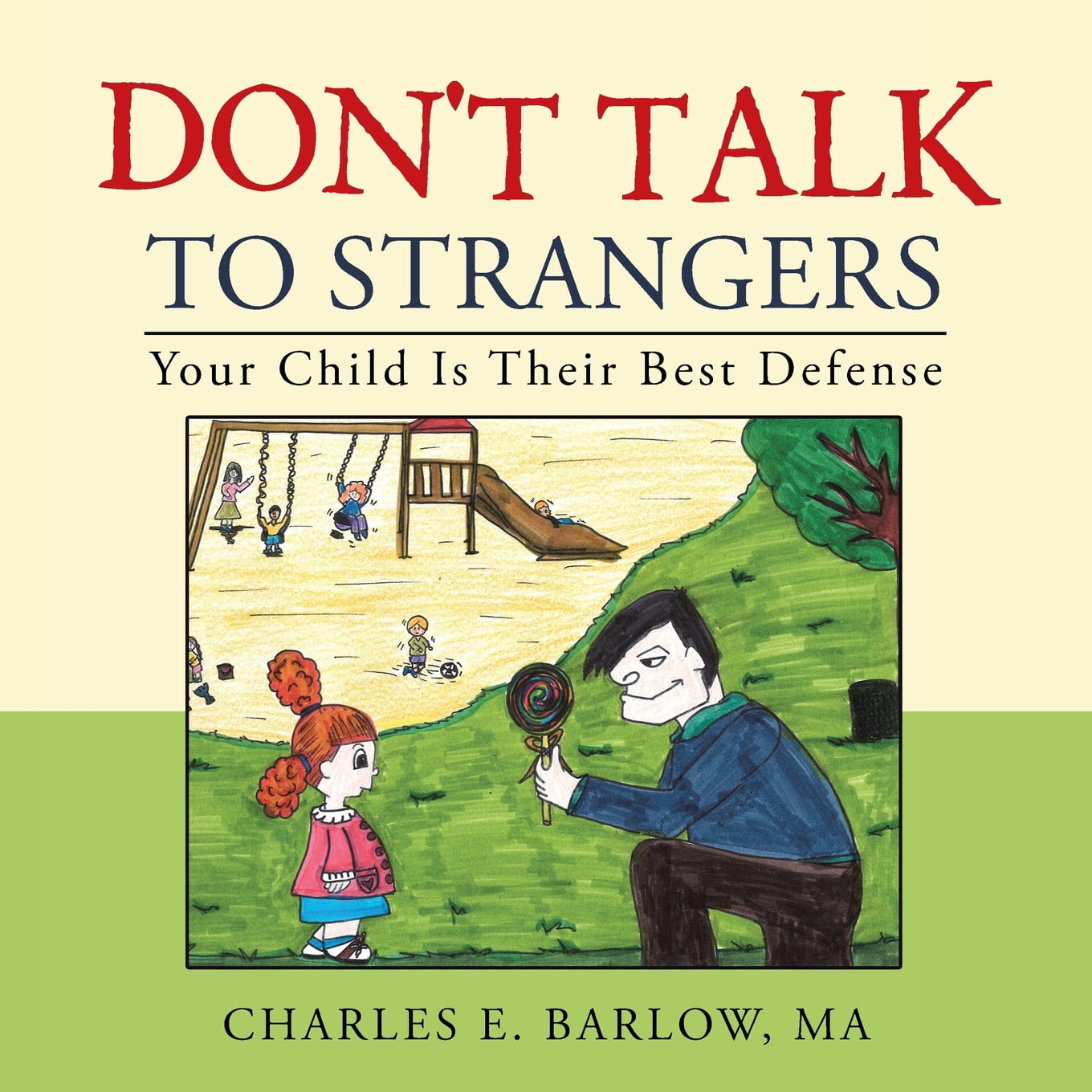

Compared to controls, this minimal, easily replicable treatment made people less pessimistic about the possibility of rejection and more optimistic about their conversational ability-and these benefits persisted for at least a week after the study ended.

To reduce people's fears, we developed an intervention in which participants played a week-long scavenger hunt game that involved repeatedly finding, approaching, and talking to strangers. Previous research has attempted but failed to get people to realize that their concerns about talking to strangers are overblown. Although people derive substantial benefit from social connection, they often refrain from talking to strangers because they have pessimistic expectations about how such conversations will go (e.g., they believe they will be rejected or not know what to say).


 0 kommentar(er)
0 kommentar(er)
